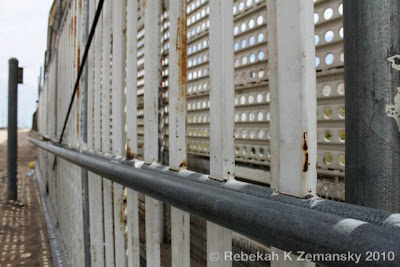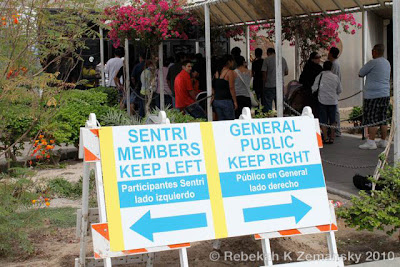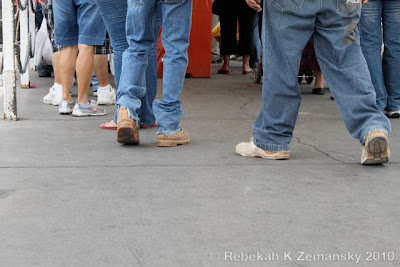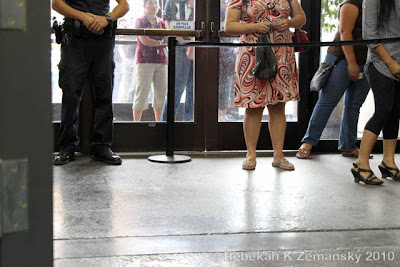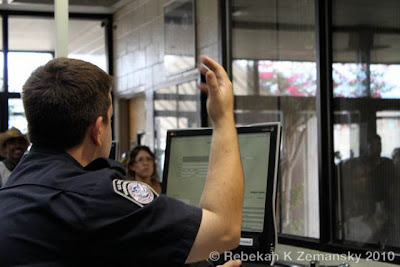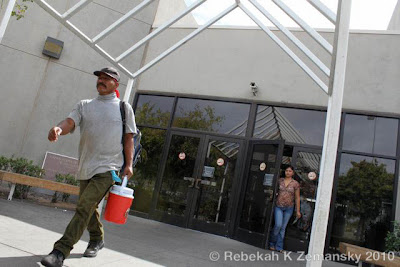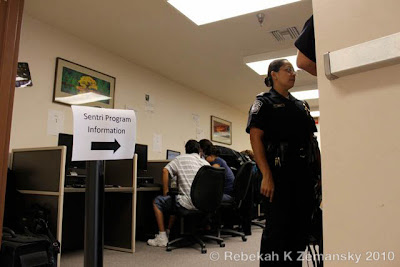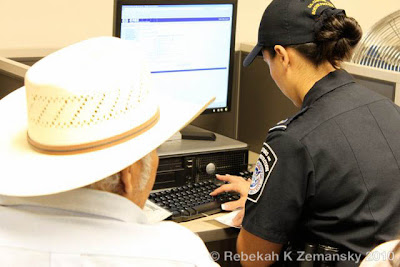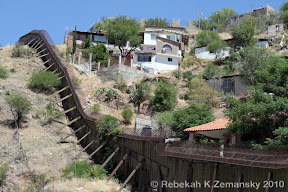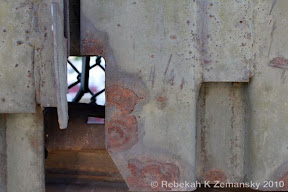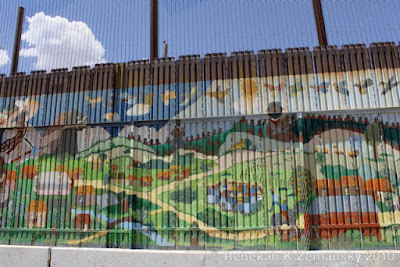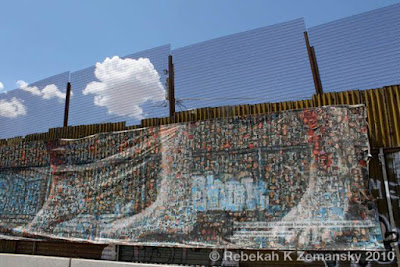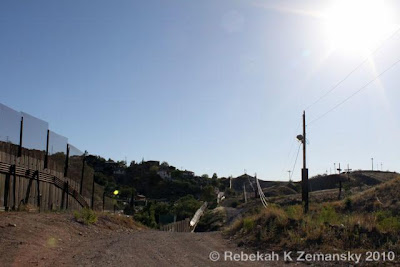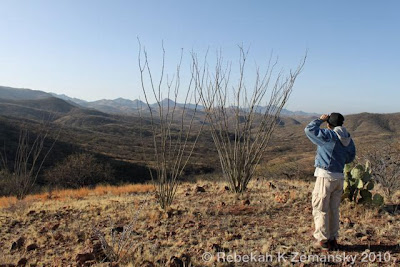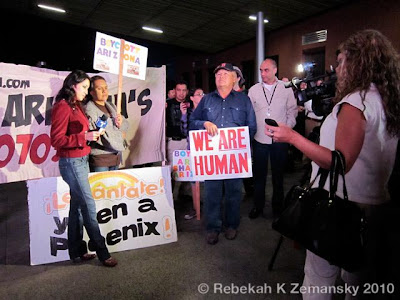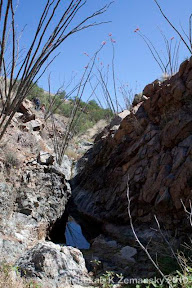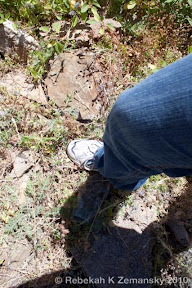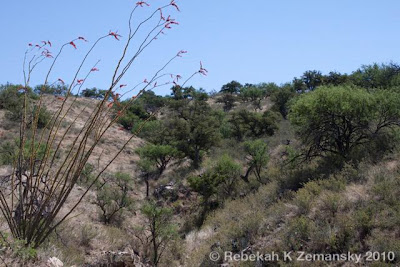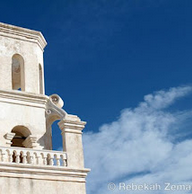My phone rang tonight with an unfamiliar area code, and from a noisy room, a woman’s voice came through : “I’m calling on behalf of Leonicio Delgado, who spoke to you this summer…”
It took me a few moments to understand.
“About his daughter, about Elizabeth?” I ask.
“Yes, about Elizabeth – he’s calling to see if you’ve heard any news, have you heard anything?”
Laura Elizabeth Delgado went missing over a year ago, in August 2009. She called her family from Nogales, Sonora and told them she would be crossing the border soon with her neighbor, Concepcion Tlatenchi. Concepcion also contacted her family just before they crossed.
No one has heard from either woman since.
I stumbled across this story learning about the border, the risks people will take to cross it – and what happens to their families.
Concepcion’s daughter called agency after agency looking for her mother before she turned to the press. She spent hours on the phone with me and sent me family photos by email before agreeing to let me visit her on the east coast. She also told me about Laura Elizabeth, and gave me Leonicio’s contact information.
I don’t speak Spanish – I say I’m working on it and I am, but it’ll be ages before I have the fluency to talk comfortably or do a thorough interview. But for people with common purpose, there’s always a network.
My phone call was answered by a family friend, whose email I trouble shot in exchange for help translating questions and answers that slid back and forth electronically until Laura Elizabeth’s story and then her photograph appeared on my laptop screen.
I finished the story, and told my editor I wanted the photographs to run as large as possible – they can never run too often or too large for me. If anyone responded with information, I promised the families I’d pass the information on.
I didn’t know what to expect – where the articles would run, who would see, who would care. I didn’t know if anyone knew anything. The desert doesn’t pick up the phone and call in.
And it’s been silent.
With other stories and assignments – and the rest of modern day life – competing to fill the gap, I’ve only thought about the story when people ask what I did this summer or what I’ll do next. It’s been far too easy to think of the project as complete because the edits are finished and the story hasn’t been picked up. It seems to float, motionless, on the site – static. Over.
But for Maria and Leonicio, it’s not. For Maria’s three children, her husband, her brother, her sister and their father, it’s not – just as it’s not over for Leonicio and Laura Elizabeth’s young daughter, who’s two or maybe three by now.
Tonight, Leonicio’s friend called me on his behalf from a noisy restaurant in New York, asking if I had news. Through the upbeat music in the background, I couldn’t help but picture the father who has missed his daughter ever since she didn’t arrive at his door.
I live with someone’s stories for a few hours, a few days, maybe, if I’m lucky, a few months. I won’t forget that you live with your story every day.
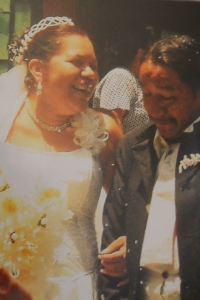 Concepcion Tlatenchi with her husband in Mexico |
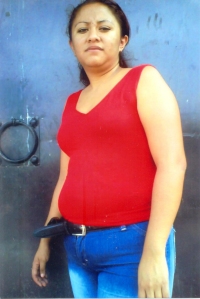 Laura Elizabeth Delgado before leaving Mexico |
Like this:
Like Loading...













